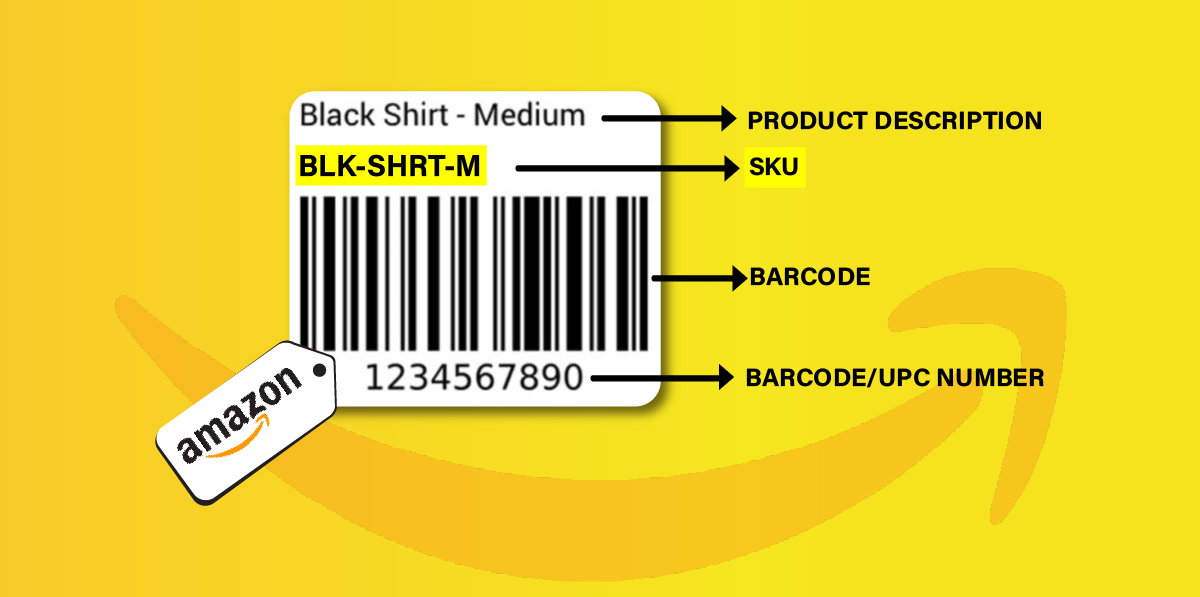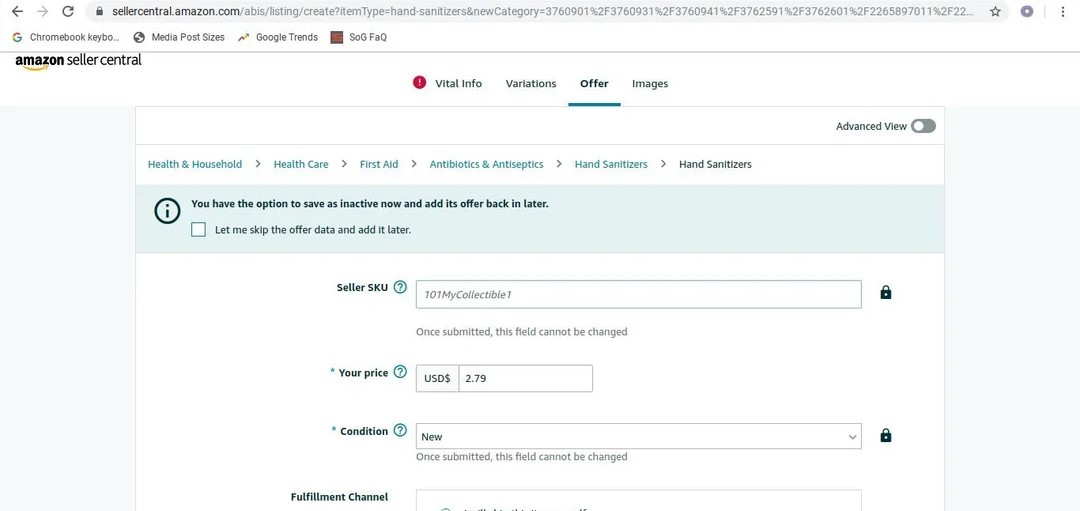
What is an Amazon seller Central SKU?
Businesses often gravitate towards Amazon Seller Central as a robust platform for e-commerce and supply chain management. To thrive in this environment, it is crucial to grasp certain fundamental concepts. This guide will explain what a Seller SKU is, its importance, and various identifiers associated with Amazon’s marketplace.
Seller SKU: Definition and Importance
A Stock Keeping Unit (SKU) is an alphanumeric code that acts as a unique product identifier. In a physical retail setting, SKUs are often associated with barcodes that facilitate inventory tracking. On Amazon, a Seller SKU, or merchant-assigned SKU, serves a similar purpose. It is generated for each product and variation and is critical for inventory management in Seller Central. These SKUs are exclusive to your account and are not displayed on product pages, ensuring that they remain invisible to customers and competitors.
The Role of SKUs on Amazon
SKUs streamline the selling process by simplifying product identification and organization. They condense detailed product descriptions into a manageable code, which is particularly useful for sellers with extensive and varied inventory. This facilitates efficient representation and tracking of
Understanding Different SKU Types
MSKU vs. SKU
Merchant Stock Keeping Unit (MSKU) is synonymous with Seller SKU on Amazon. Both terms refer to the unique identifier allocated to each product or service offered by a seller. The distinction is mostly terminological, with both serving the same organizational and tracking functions.
FNSKU vs. SKU
Fulfillment Network Stock Keeping Unit (FNSKU) is specific to Amazon’s Fulfillment by Amazon (FBA) program. This barcode links a product to its seller within Amazon’s fulfillment centers. FBM (Fulfillment by Merchant) sellers do not use FNSKUs. Contrarily, SKU is a broader term for inventory management, not tied to any fulfillment method.

EAN vs. SKU
European Article Number (EAN) is an international barcode standard that contains a 12 or 13-digit code to identify products, their manufacturers, and attributes. EANs are vital for products sold in Amazon’s European markets and differ from SKUs, which are internal identifiers for inventory management.
ASIN vs. SKU
Amazon Standard Identification Number (ASIN) is a unique code for identifying products within Amazon’s extensive catalog. ASINs are public and visible on product pages, aiding in product searches and listings. SKUs, however, are private codes used by sellers to manage their inventory.
Crafting Custom Seller SKUs
Customizing your Seller SKU can involve incorporating elements such as:
- Source Identifier: Indicates the origin of the product (e.g., FN for a specific supplier).
- Product Identifier: Distinguishes between product categories (e.g., VG for video games).
- Date Identifier: Marks the shipment date of your products (e.g., 02282022 for February 28, 2022).
- Condition Identifier: Specifies the condition of the product (e.g., NP for new products).
- Buy Cost Identifier: Represents the cost of the product to the seller.
SKU Management on Amazon
Amazon mandates that each product in your inventory has a unique SKU. To maintain the integrity of Amazon’s catalog, once an SKU is created, it cannot be altered and will persist until deletion.
FAQs About SKUs
- Is an SKU the same as a barcode? No, they serve similar purposes but barcodes are standardized for universal use, whereas SKUs are unique to a seller’s inventory on Amazon.
- Is an SKU an item itself? No, it’s a unique identifier for an item.
- Are SKUs unique? Yes, each SKU is unique to the seller’s inventory.
- Can SKUs include dashes? Yes, dashes or underscores can be used for clarity in representing product attributes.
- Can I use a UPC as an SKU? No, UPCs are for external use while SKUs are intended for internal inventory management.
In summary, understanding and effectively managing SKUs is fundamental for successful selling on Amazon. By mastering these identifiers, sellers can optimize their inventory management and enhance their operational efficiency and sync with the best softwares on the market.
Recent Posts
Categories
- Amazon Integration (4)
- eCommerce Strategies (3)
- Selling On Amazon (9)
- Shopify (2)
- Uncategorized (1)


